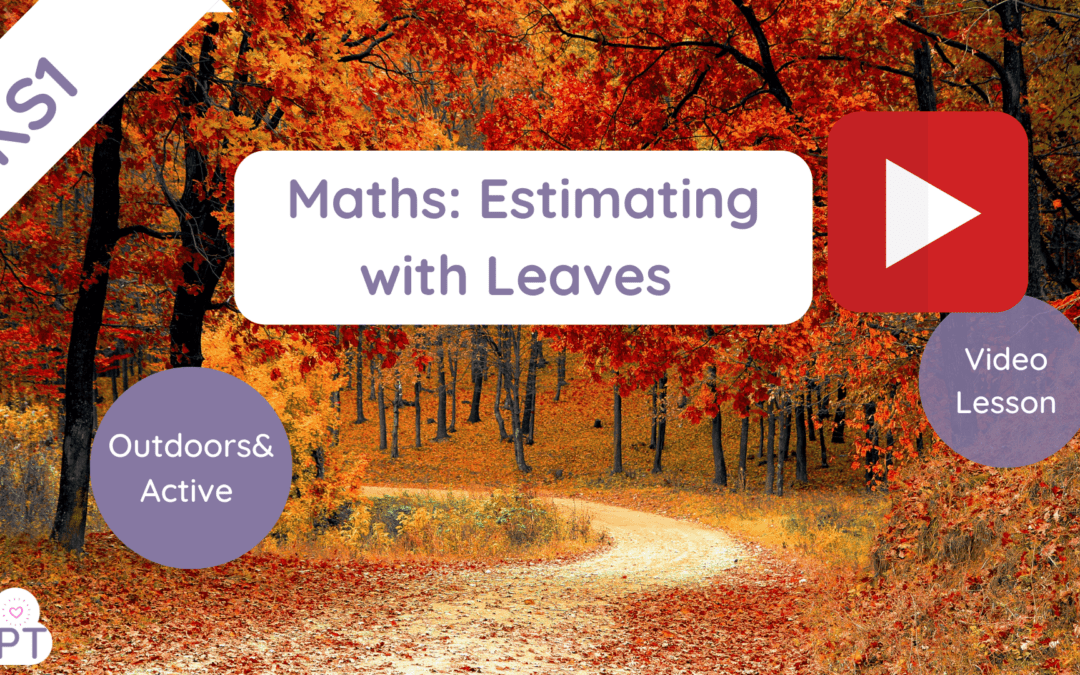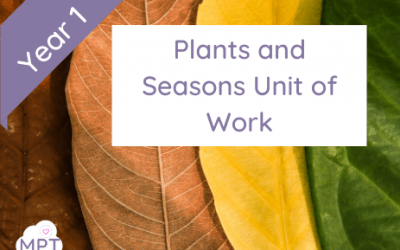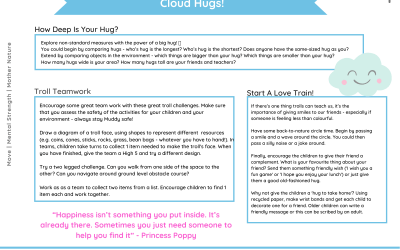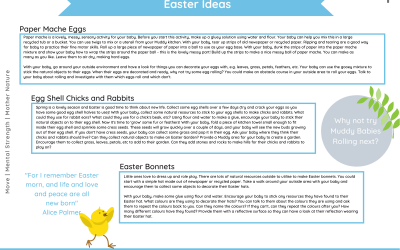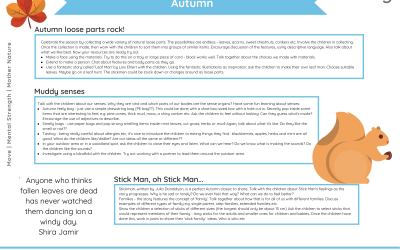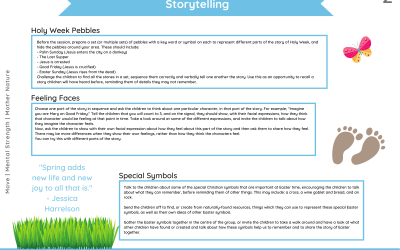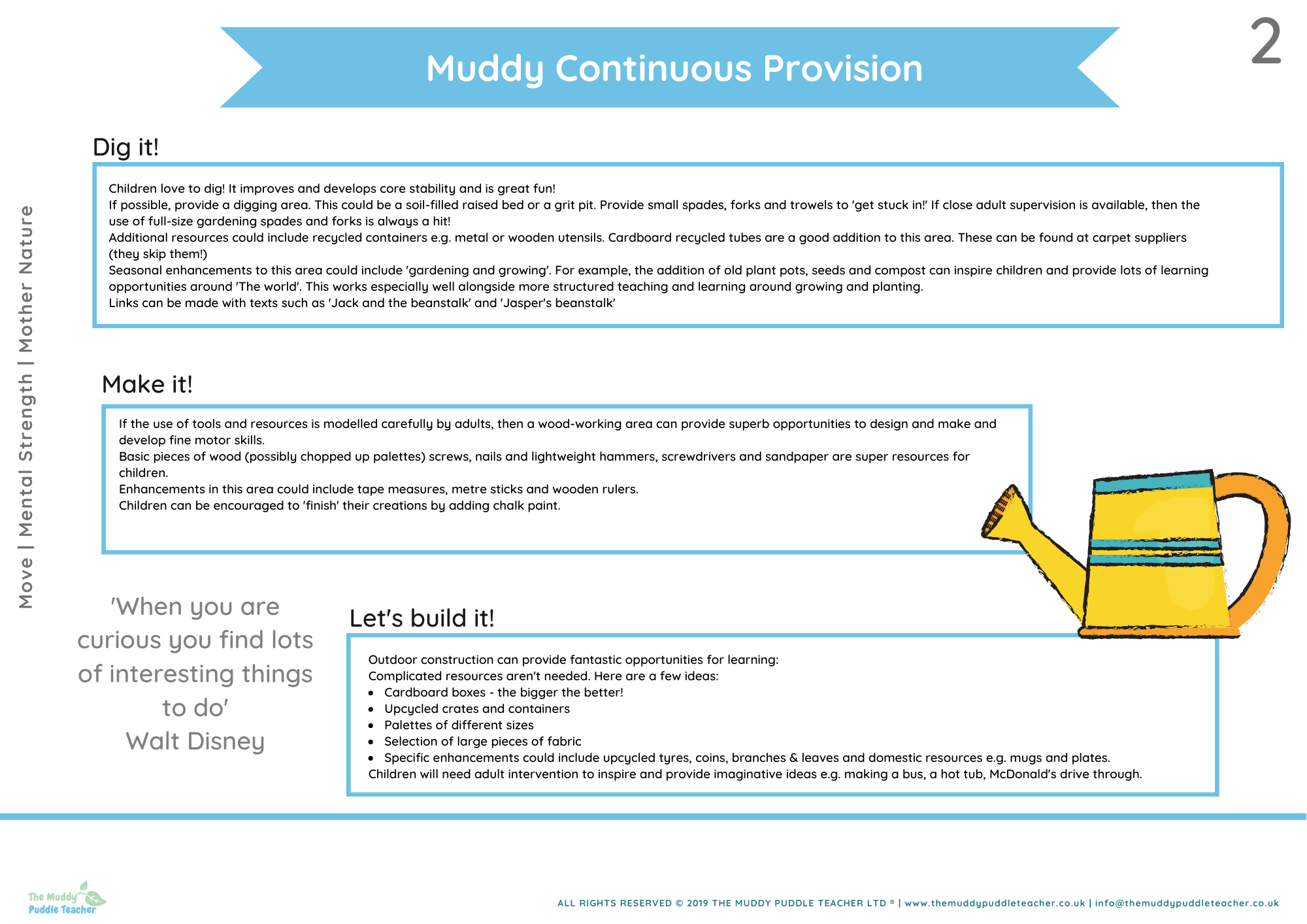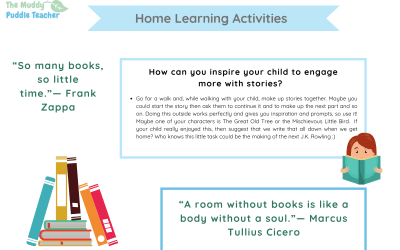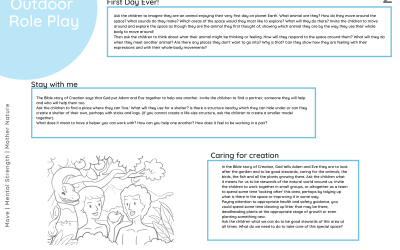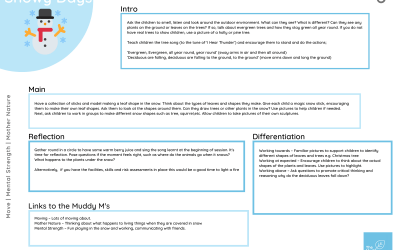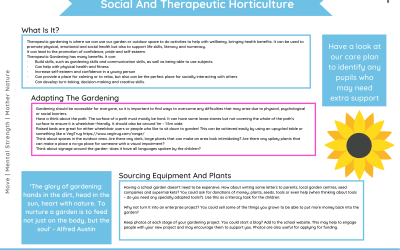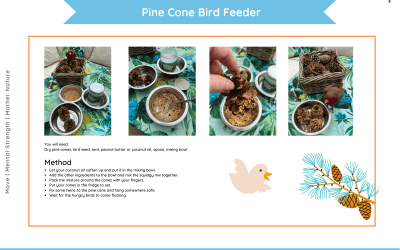Plants and Seasons (Year1) Science Unit - Scheme of Work This unit has been created so that you can observe plants,...
EYFS Trolls
Jan 6, 2021
EYFS Trolls Use Trolls EYFS to take positive power outside loud and proud! Time to shine 🙂 Like our Muddy ideas?...
EYFS VE Day
Jan 6, 2021
EYFS VE Day VE Day Family Pack How will I receive the resource? Once you have proceeded to checkout it will be...
UKS2 Materials, properties & processors
Jan 6, 2021
UKS2 Materials, properties & processors
EYFS Comprehension
Jan 6, 2021
The Easter Owl - eBook - EYFS - Ages 4-5 How will I receive the resource? Once you have proceeded to checkout it will...
Muddy Babies Easter
Jan 6, 2021
Muddy Babies Easter In a nutshell: How will I receive the resource? Once you have proceeded to checkout it will be...
EYFS All About Me
Jan 6, 2021
Exploring the "All About Me" Topic in Early Years Education The "All About Me" topic is a fundamental theme in early...
KS2 Easter Story
Jan 6, 2021
KS2 Easter Story | Muddy Juniors In a nutshell: Teach the children about the Easter story outside using mother nature...
EY Easter Story
Jan 6, 2021
Early Years Easter Story In a nutshell: Taking the Easter Story outside may be just the inspiration you need to put an...
Outdoor Maths Continuous Provision Ideas
Jan 6, 2021
Outdoor Maths Continuous Provision In a nutshell: Trying to make continuous provision areas that are maths related can...
Early Years World Book Day
Jan 6, 2021
Early Years World Book Day In a nutshell: Use Muddy World Book Day Ideas pack to get activities and learning outside....
Early Years Signs of Spring
Jan 6, 2021
Early Years Signs of Spring In a nutshell: Want some fresh ideas on how to take Signs of Spring outside the muddy way?...
Early Years Easter Story
Jan 6, 2021
Early Years Easter Story In a nutshell: Why not try Outdoor Learning Easter Story Pack for EYFS. Gain inspiration on...
KS1 Christianity Creation Story
Jan 6, 2021
Outdoor Learning KS1 Christianity Creation Story In a nutshell: Why not try Outdoor Learning Creation Story to get...
Identifying and Naming Plants
Jan 6, 2021
Identifying and Naming Plants. Subscribers add to cart then checkout for download. Identifying & Naming Plants...
Outdoor Learning Comprehension: Fred the Lonely Cloud (eBook)
Jan 6, 2021
eBook Fred the Lonely Cloud PSHE : Outdoor Learning Comprehension Use eBook Fred the Lonely Cloud PSHE to help your...
Gardening Therapy
Jan 6, 2021
Gardening Therapy Use Gardening Therapy to help the therapeutic magic of nature calm emotions and strengthen...
Pine Cones Bird Feeders
Jan 6, 2021
Pine Cone Feeders In a nutshell: Use Pine Cones Feeders to help support the learning at home through using natural,...
New In
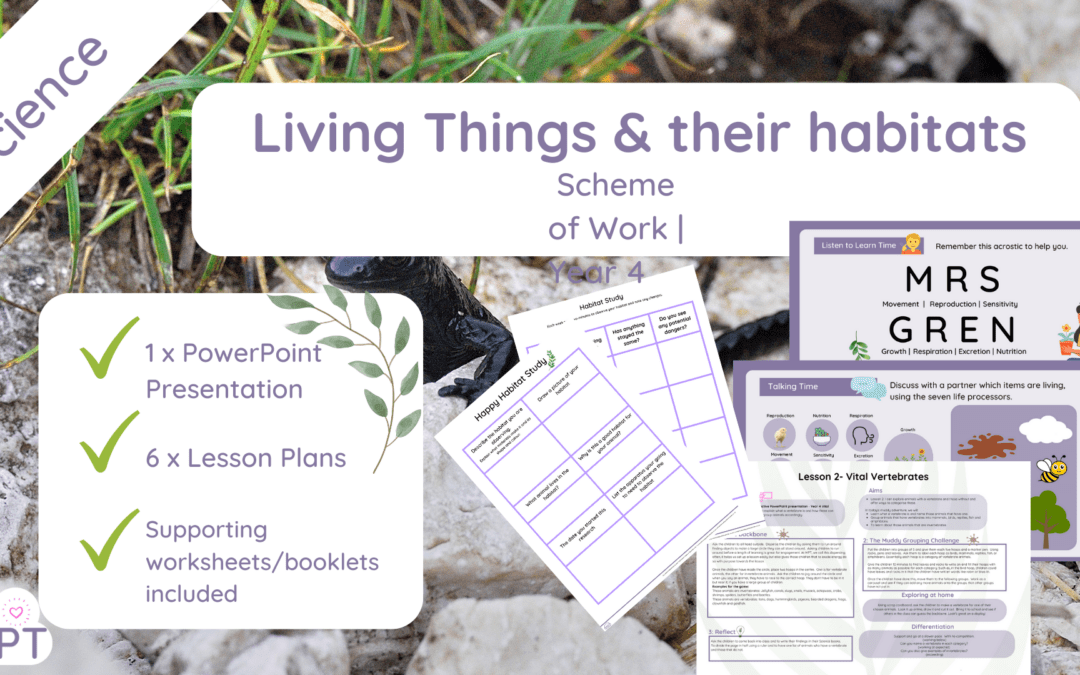
SofW Living things and their habitats Year 4
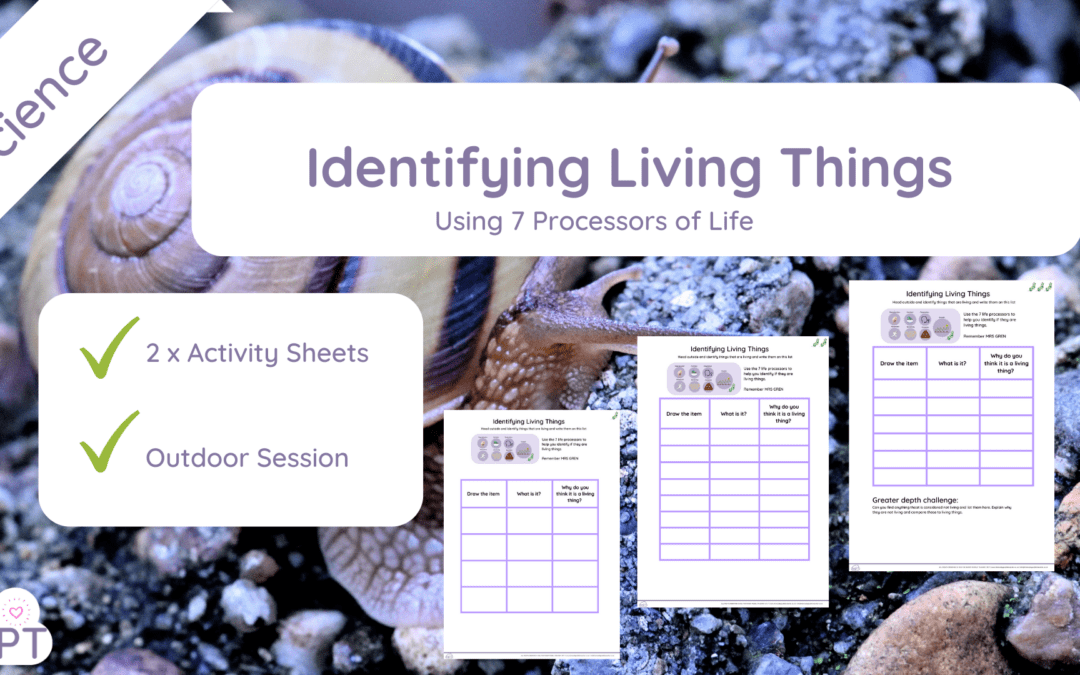
Identifying Living Things (Year 4) Differentiated
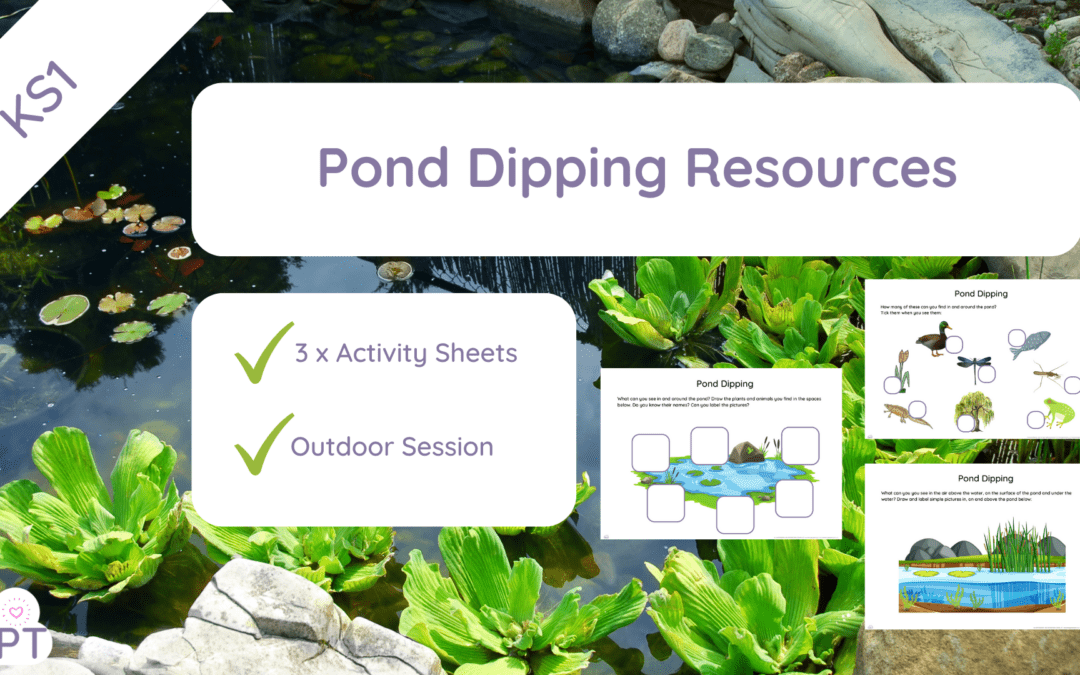
Pond Dipping (KS1)
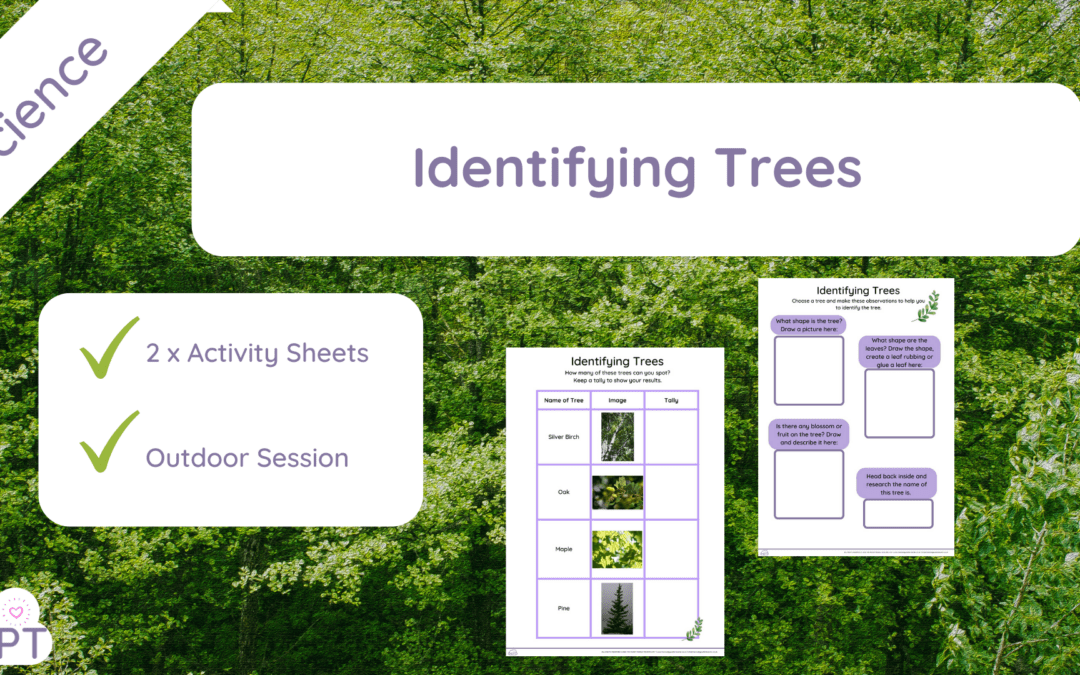
Identifying Trees (KS1)
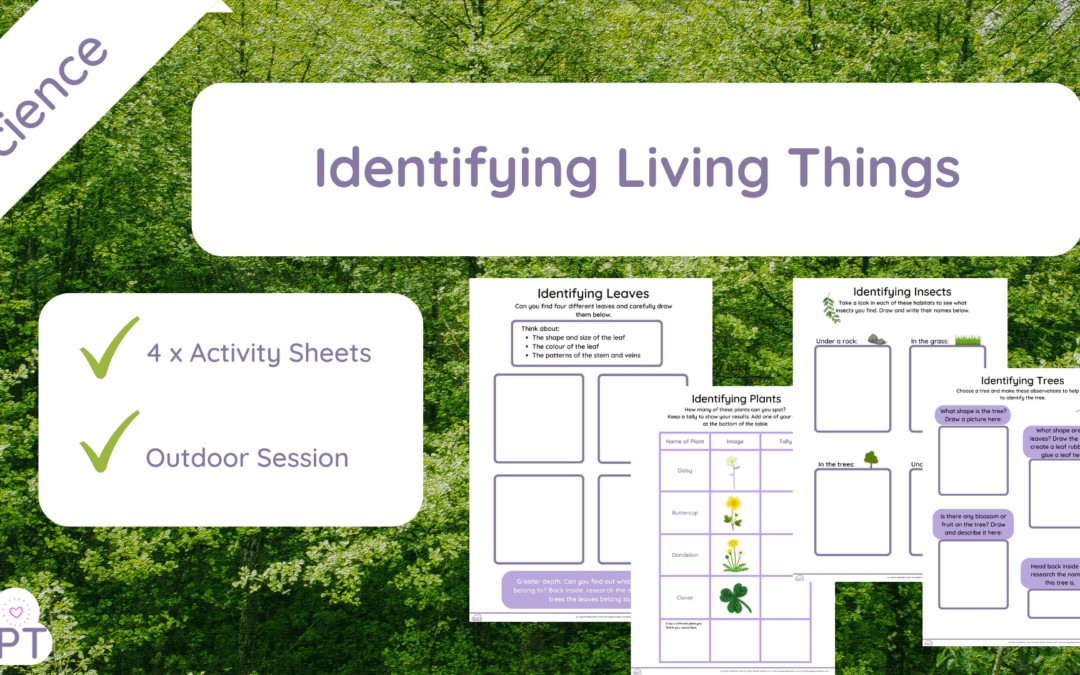
Identifying Living Things (KS1)
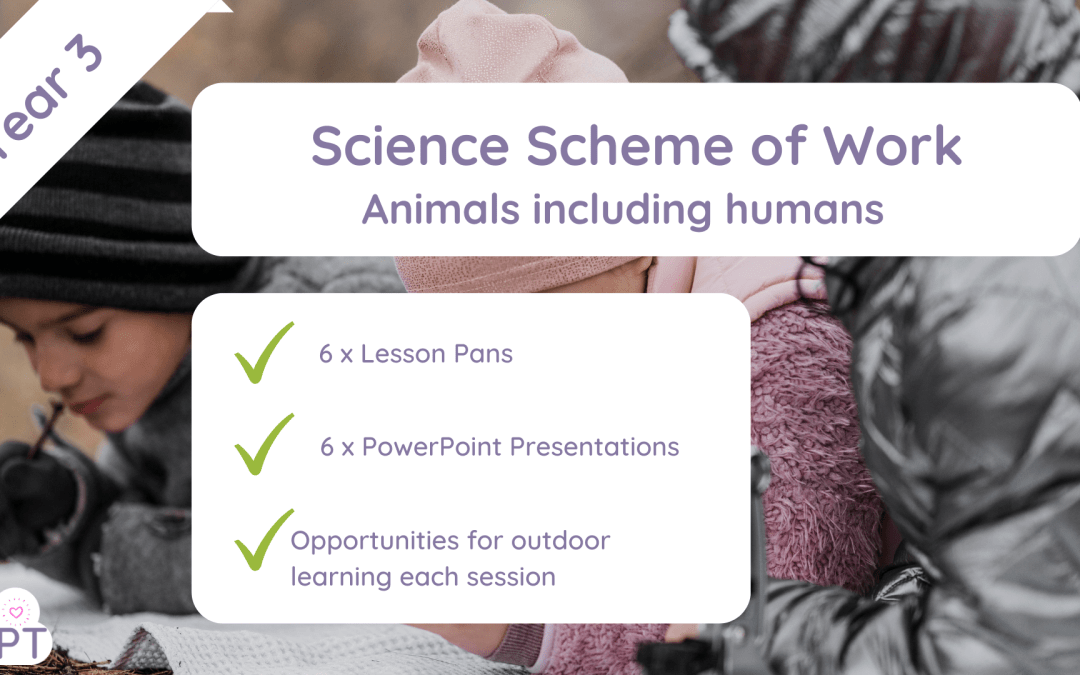
SofW: Animals including Humans (Year3)
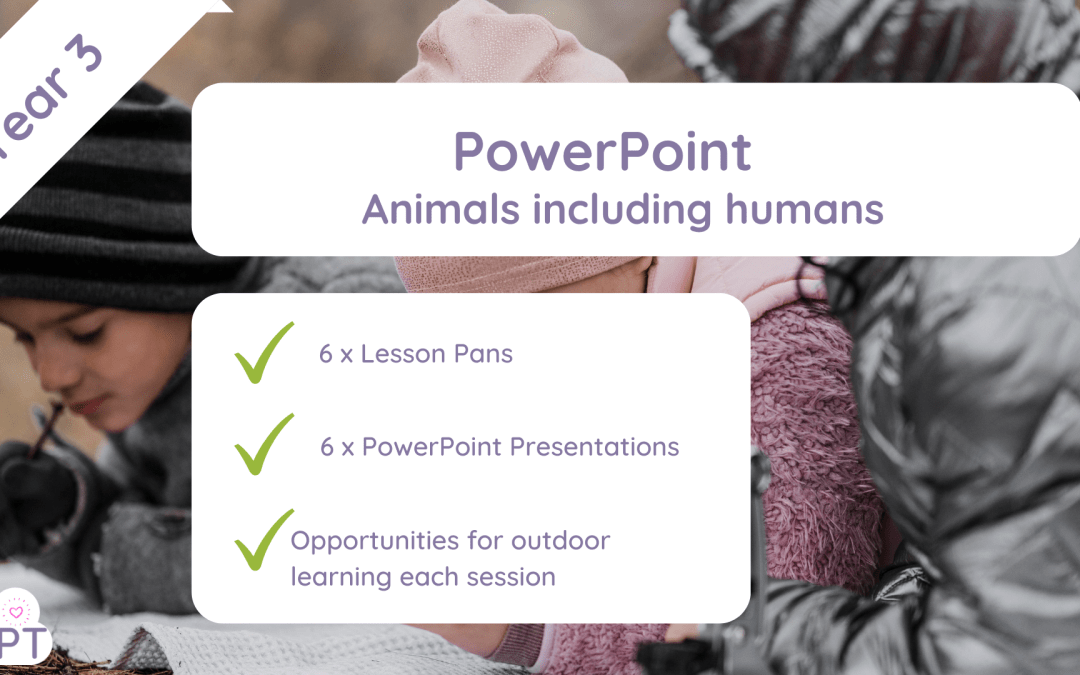
PPT: Animals including Humans (Year3)
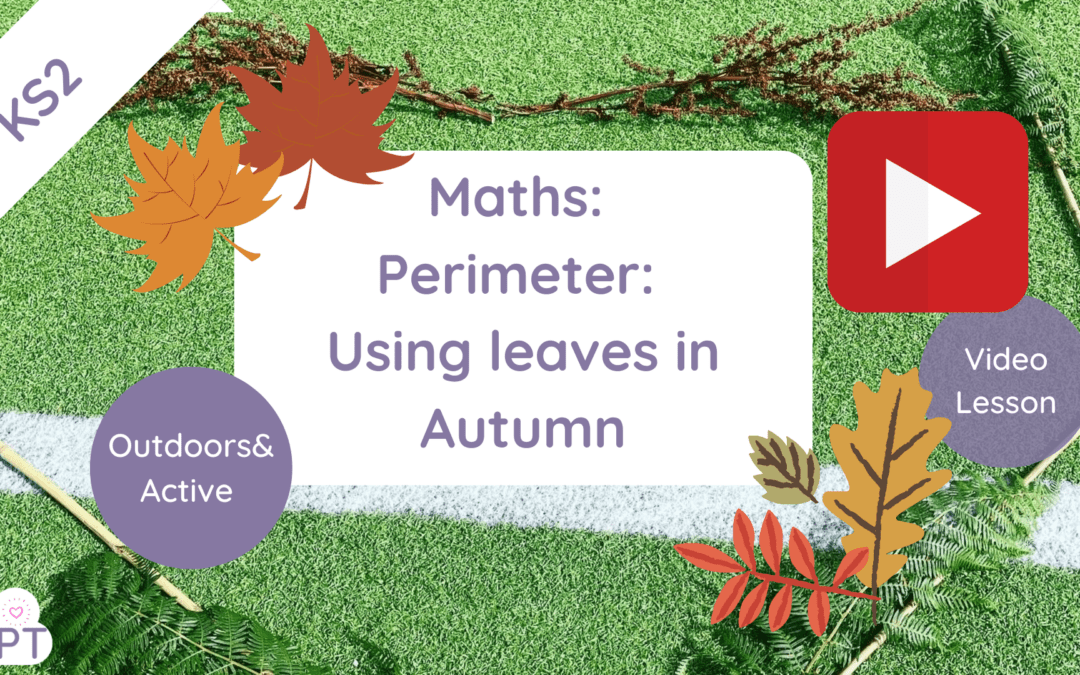
KS2: Perimeter (Outside in Autumn)
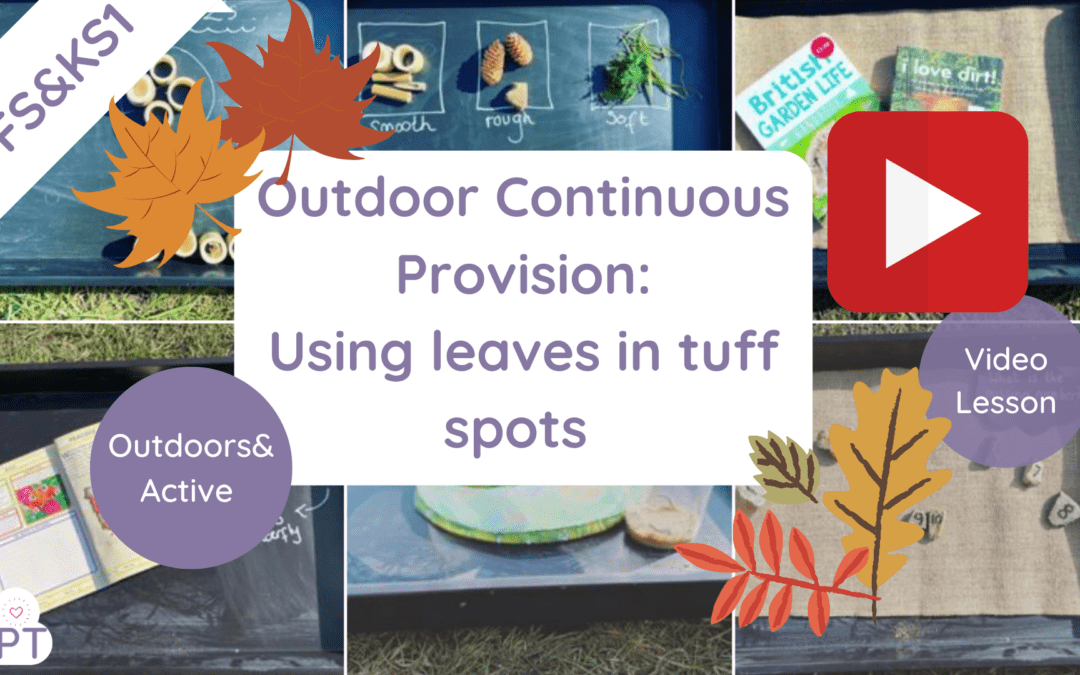
EYFS&KS1: Autumn Outdoor Continuous Provision
